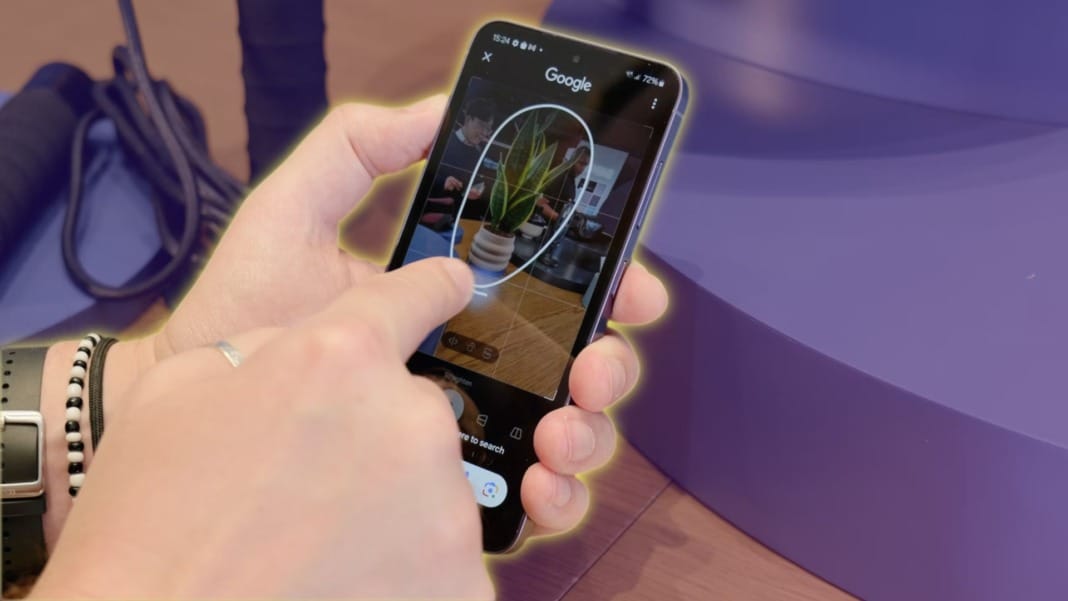As we inch closer to the Paris 2024 Olympic and Paralympic Games, the International Olympic Committee (IOC) has announced a groundbreaking “AI agenda.” This initiative is set to make the upcoming games the most technologically advanced in history.
IOC President Thomas Bach unveiled various AI-driven tools and services designed to enhance the efficiency and effectiveness of the games. From monitoring social media to aiding athlete training and enhancing broadcasting techniques, AI will play a pivotal role in the Olympics starting July 26, 2024.
Pioneering AI’s role in sports
During the IOC AI Agenda launch in London, Bach emphasised the significance of leading change in the sporting world rather than reacting to it. “With the rapid development of digital technology, especially AI, we are at a crucial juncture,” he said. This marks the first time a comprehensive strategy for AI usage at a major sporting event has been established.
Bach reassured us that in sports, the essence of performance remains human. “The existential question of AI replacing human roles does not apply here; athletes will always be central to performance,” he explained. This perspective allows the sports community to focus on how AI can support athletes rather than replace them.
Intel’s pivotal role in enhancing the Olympic experience

Intel is at the forefront of these technological advancements as a global partner of the IOC. The tech giant is enhancing fan engagement at various Olympic venues in Paris through immersive sports experiences. Spectators will have the opportunity to compare their performances with those of Olympic athletes, thanks to AI applications powered by Intel’s Gaudi accelerators and Xeon processors.
Intel is also committed to preserving the legacy of the Olympic Games. Using AI, they are transforming archive footage into 3D digital artefacts at the Olympic Museum, giving fans a tangible connection to Olympic history.
Furthermore, Intel’s technology is crucial in broadcasting the games. With the power of Xeon processors, broadcasting servers can encode and compress 8K, 60FPS, and HDR TV signals in milliseconds, ensuring that live streams are delivered globally with unprecedented quality.
Christoph Schell, EVP and CCO at Intel, highlighted the central role of computing in AI advancements, stating, “Intel is bringing AI everywhere.” Bach echoed this sentiment, recognising both the opportunities and challenges presented by technology. He concluded, “We are committed to leading responsibly, embracing change while upholding the values of the Olympics.”





